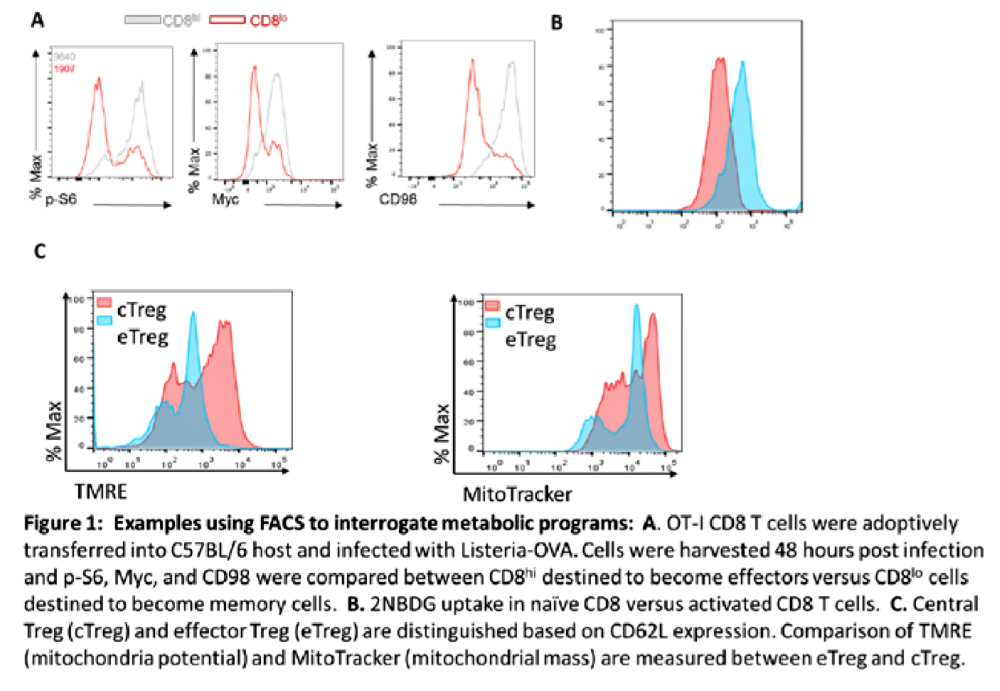Service Project # 5: Polymeric Nanomaterials for mRNA Delivery and Genetic Vaccines
Collaborating Investigator: Jessica Firestone
Affiliation: GSK
Funding Status: Internal
Project Period: 01/11/20-06/30/25
Summary
The goal of SP #5 is to develop non-lipid nanoparticles for mRNA delivery, including especially to immune cells. The goals of this project closely align with TR&D2 Specific Aims 1 and 2. GSK is a leading pharmaceutical company interested in nanocarriers with improved efficacy, safety, and targeting. Lead candidate nanoparticles and analogs from TR&D2 will be shared with GSK for internal evaluation in animal models. This SP can lead to an impact by validating NIM technology for uses in additional immunological applications. Data from the studies will be disseminated and published.
Approach
Specific Aim 1. Evaluation of NIM materials for potential pharmaceutical use. This aim is focused on evaluation of NIM materials for their suitability for scale up and stability. NIM particles will be evaluated for biophysical characterization and transfection efficacy following storage under different conditions. Different cargos will also be evaluated to ascertain how they potential vary physicochemical properties of the nanoparticles.
Specific Aim 2. Evaluation of NIM routes of administration for mRNA vaccines. In vivo mRNA expression studies will be performed in mice following intradermal or systemic administration. The studies are designed to evaluate the NIM particles head-to-head vs. in house lipid nanoparticles (LNPs) for safety and efficacy and determine the best administration method.
NIMs will be synthesized as described in TR&D2 Specific Aims 1 and 2 and then stored frozen or lyophilized with cryoprotectant sucrose over time. They will then be characterized for their particle size, zeta potential, and transfection ability following storage. mRNA cargos will be delivered by leading NIM materials in mice by intradermal and intravenous injection to evaluate their potential as mRNA vaccines.

